BiVACOR is the world's first implantable artificial heart that can completely replace the human heart. (Photo: BiVACOR)
Previously, this man had end-stage heart failure and volunteered to become the first patient in Australia, and the sixth person in the world, to receive a total artificial heart device called BiVACOR, while waiting for a donated heart transplant.
This artificial heart was invented by Dr. Daniel Timms, an Australian researcher. The device uses magnetic levitation technology to simulate the way the heart pumps blood around the body.
BiVACOR is a device designed to support patients with end-stage heart failure, a serious condition that is often the next stage of a heart attack, coronary heart disease or diabetes.
The six-hour operation was performed by cardiothoracic surgeon Paul Jansz and colleagues at St Vincent's Hospital in Sydney. The patient recovered well and was discharged in February, before undergoing a heart transplant in March.
Professor Chris Hayward, a cardiologist at St Vincent's Hospital, said this was a major breakthrough, opening a new era for heart failure treatment globally.
However, according to Professor David Colquhoun from the University of Queensland (Australia), there are still many challenges before artificial heart devices can completely replace heart transplants.
Mr. Colquhoun emphasized that a donated heart can function for over 10 years (more than 3,000 days), while the operating time of BiVACOR is only over 100 days.
Still, it's a major step forward that promises to give thousands of patients a better chance of survival.
Previously, 5 patients in the US had also received artificial heart transplants. Specifically, the first case of BiVACOR heart transplant took place on July 9, 2024. The patient was a 57-year-old male who received a heart transplant at the Texas Heart Institute in the US after suffering from end-stage heart failure. The surgery was successful and on the 7th day after the transplant, the patient was able to walk about 150 meters.
The patient lived with the artificial heart for eight days before receiving a donor heart, which was the start of clinical trials of BiVACOR.
Four other patients in the United States were implanted with the BiVACOR device that same year. All received donor hearts before leaving the hospital, with the longest survival with the device being 27 days. None of these patients were discharged with the artificial heart still functioning.
Thus, the case of the patient in Sydney is the first time a person can live independently with an artificial heart for more than 100 days, before receiving a donated heart transplant.
Currently, more than 23 million people suffer from heart failure each year, but only about 6,000 people receive heart transplants. BiVACOR is expected to act as a bridge to help patients survive until a donor heart becomes available.
However, the researchers’ long-term goal is to develop the technology into a permanent alternative. The Australian government has provided $50 million to develop and commercialize the technology, in the hope of opening up a medical solution for millions of heart failure patients around the world.
The Sydney transplant is the first step in a larger research program led by Monash University to develop advanced artificial heart devices.
Experts expect that within the next decade, this technology will become an alternative option for patients who cannot wait for a donor heart.
Further trials are expected to take place in 2025, with at least four more patients in Australia scheduled to receive BiVACOR implants. If successful, the technology could radically change the way heart failure is treated, especially in a context where donor hearts are scarce.
With the success of the latest transplant, Australian medicine is demonstrating its pioneering position in the field of artificial heart transplants, opening up life opportunities for millions of heart failure patients around the world./.
According to VNA
Source: https://baothanhhoa.vn/nguoi-dan-ong-song-sot-hon-100-ngay-voi-trai-tim-nhan-tao-242705.htm


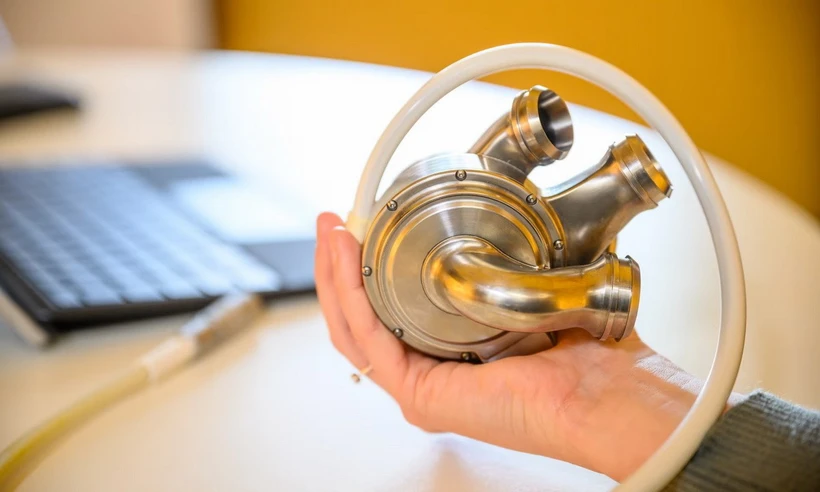






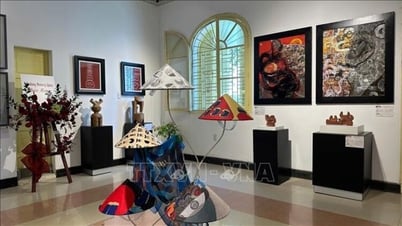





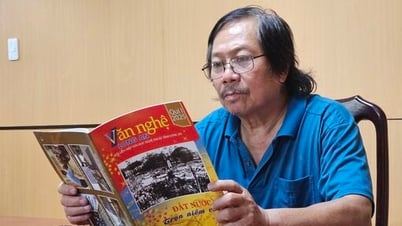








































![[Maritime News] Wan Hai Lines invests $150 million to buy 48,000 containers](https://vphoto.vietnam.vn/thumb/402x226/vietnam/resource/IMAGE/2025/6/20/c945a62aff624b4bb5c25e67e9bcc1cb)









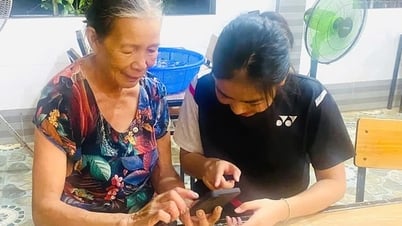

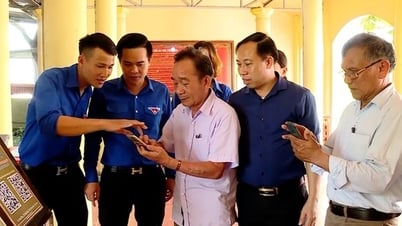


![[Infographic] Party Committee of the Ministry of Culture, Sports and Tourism: Marks of the 2020 - 2025 term](https://vphoto.vietnam.vn/thumb/402x226/vietnam/resource/IMAGE/2025/6/22/058c9f95a9a54fcab13153cddc34435e)
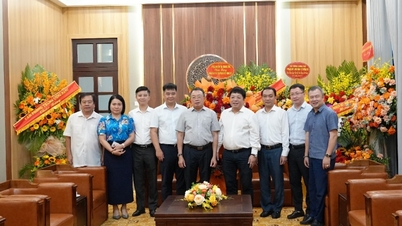






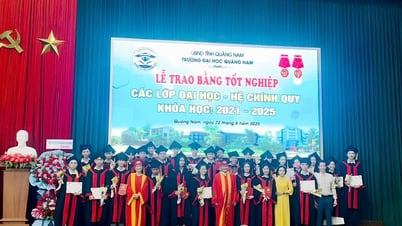













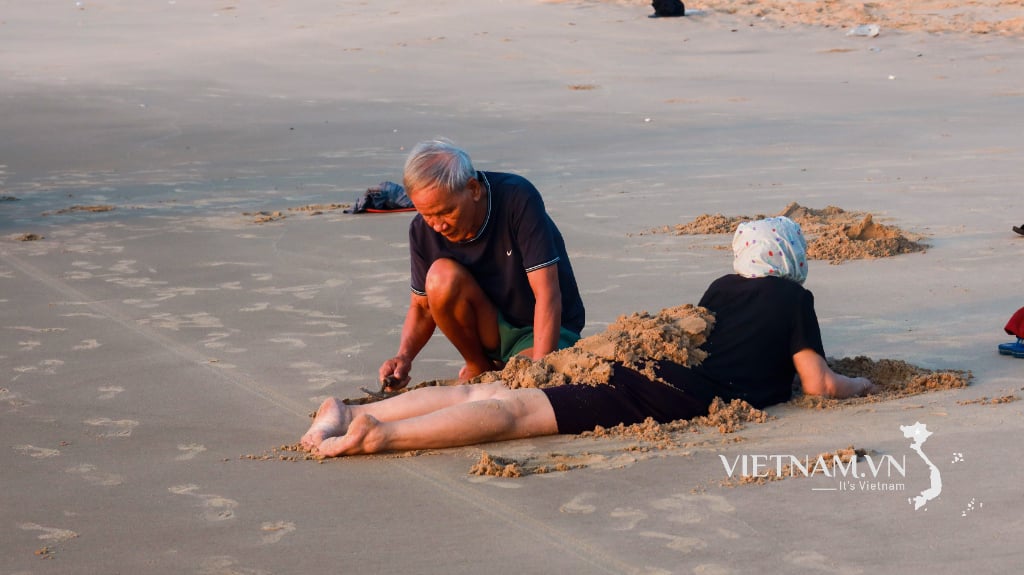

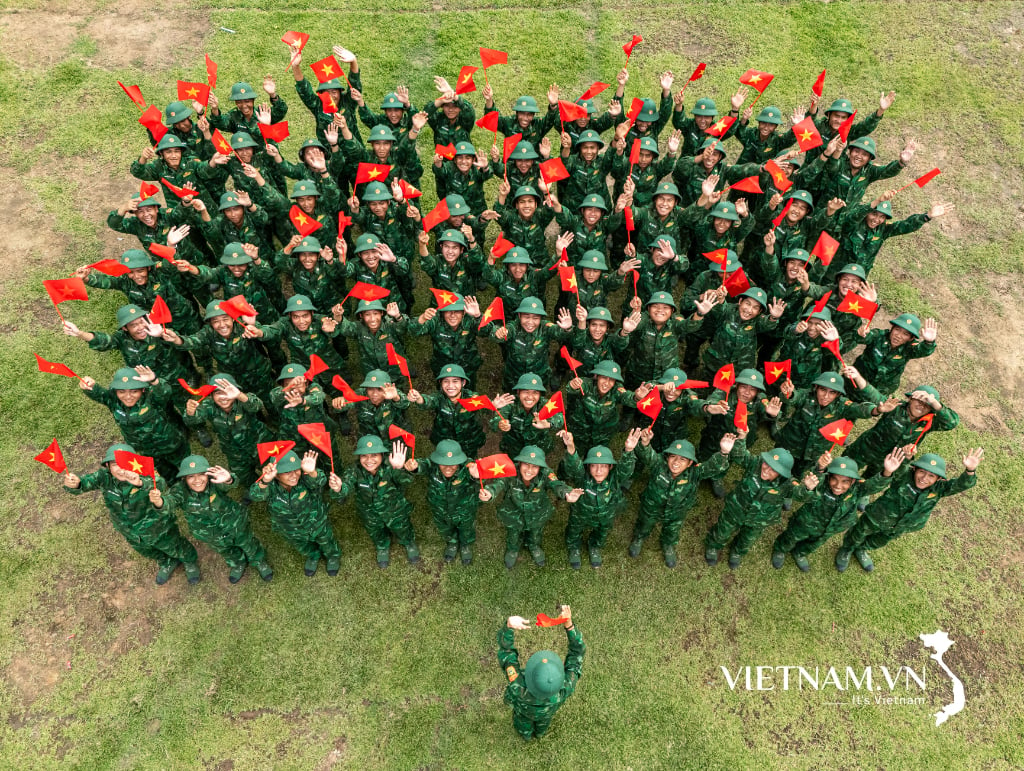
Comment (0)